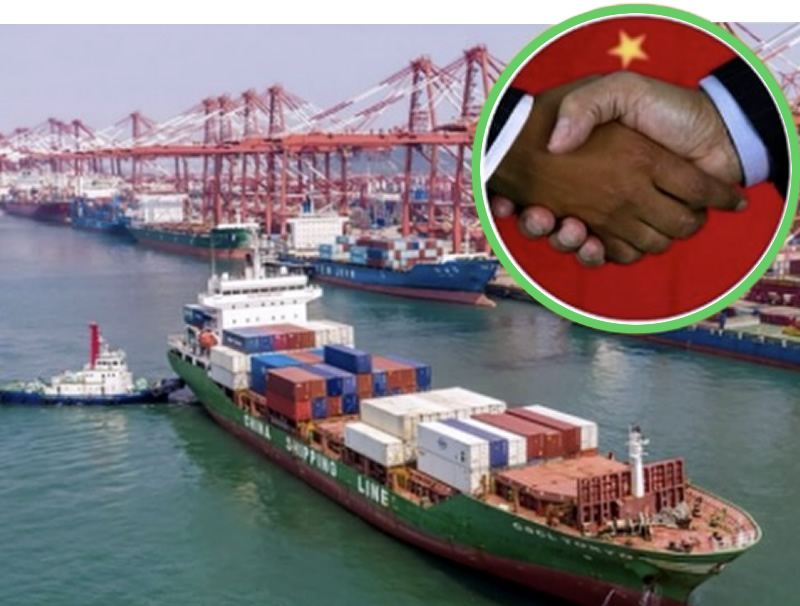
China has removed tariffs on nearly 98 % of goods from 53 African countries, in a move that strengthens its trade influence on the continent. The move, announced at a summit in Changsha, is part of a broader strategy to deepen economic cooperation with Africa and support its least developed nations.
The agreement excludes only Eswatini, the only African country that maintains diplomatic relations with Taiwan rather than Beijing. This exclusion is not accidental: China demands recognition of its sovereignty over the island in order to access its trade benefits, and uses this policy as a tool for international pressure.
Beyond the diplomatic gesture, Beijing's stated goal is to help redress the huge trade imbalance. In 2024, China exported more than $62 billion worth of goods to Africa, but imported far less. The removal of tariffs is intended to boost African sales and open up space for new sectors, such as textiles and agricultural products.
Moreover, this decision comes against a backdrop of global tensions. China and several African countries have recently called on the US to avoid unilateral barriers, following the increase in US tariffs on Chinese goods. Beijing is seeking to consolidate its position as a preferred partner of the global south, while diversifying its trade ties in the face of geopolitical challenges.
The move also reinforces the message that China wants to be seen as a development partner, not just an investor. In parallel, it has pledged to provide training, financing and tools to facilitate African integration into international trade.
Source: reuter.com; @authentic_african | 18-06-2025
